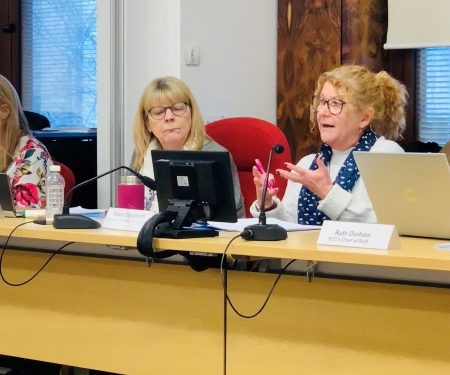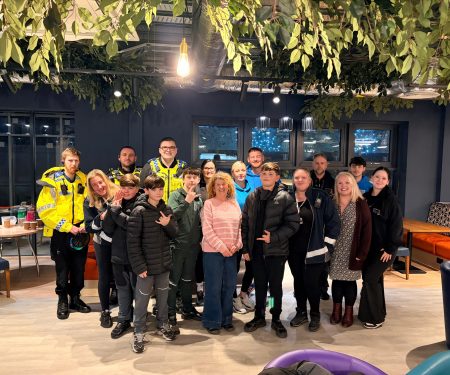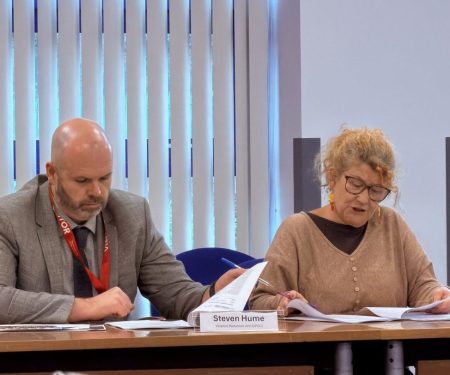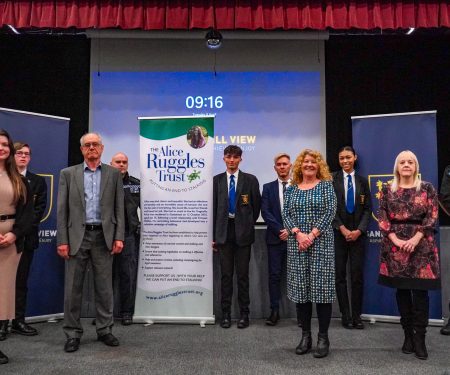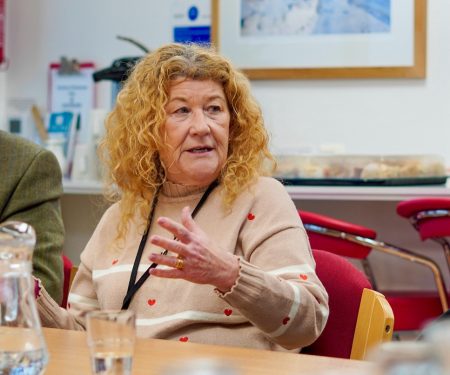Northumbria Police and Crime Commissioner, Kim McGuinness, has praised the region’s rural volunteers for their help supporting a series of successful clampdowns to keep countryside crime down.
A new report by published by NFU Mutual last week revealed their efforts have paid off as last year saw the North East record the lowest regional increase in the cost of rural crime – an increase of just 0.4 per cent.
Despite the good work happening to tackle this crime, the small increase still brings the total cost of rural crime across our region to £8.6m, which the Commissioner points out is far too high.
Voicing her concerns, she said this will only get worse if our rural areas become the forgotten priority in the government’s Spending Review this autumn.
The Spending Review is where the government sets out spending plans for the next financial year, allocating monies to each different department, determining where taxpayers’ money will be spent.
Many predict budget cuts are looming, as the country tries to build itself back up following the impacts of Covid-19.
This year the Commissioner ensured there has been funding to grow police vehicle fleets and buy vital tools to help rural policing, something she fears won’t be possible if the funding of our police service is stripped right back and we return to a time of austerity.
Northumbria Police and Crime Commissioner, Kim McGuinness, said: “As these numbers show, we’re fortunate to be the region that’s seen the lowest increase in the cost of rural crime, and for this we must give credit to Northumbria Police and the dedicated volunteers that we are lucky to have on board.
“That said, we’re still hit by rural crime that costs our region millions. That’s not even taking into account everything that gets left unreported. Whether it’s the theft of livestock, quad bikes, cars – it doesn’t matter, it can all have a devastating impact on victims and their families. For me, it’s not just about practicalities and money, it’s the worrying mental impact and fear felt by those targeted – you can’t put a price on that. Rural crime has to be thrown into the spotlight and must not become an after-thought for the Government at a time they’re going to be looking to make big savings.”
She continued: “Right now with the wider impacts of the virus rippling through all aspects of society, we’re going to see an impact on rural crime but the need to protect rural policing is very much on my radar.
“I promise to continue with our plan to recruit more local people from rural backgrounds so they get it, they know the nature of the crimes and the way the communities work. I will continue to do all I can to make sure we are funding victim services and youth groups in our isolated neighbourhoods to make sure we are looking after those in need and helping prevent crime.
“And we must not forget rural areas are not immune to other awful crimes like county lines and domestic abuse, far from it. Tackling all this is only made possible if Government chooses to fund policing properly. Right now, we need more investment in our force, not less, if we are going to get a real grip of rural crime.”
Last year the national figure for the cost of countryside crime was £54.3m – the highest it’s been in eight years and an increase of almost 9 per cent on the previous year.
For the second year running, the report points to a sharp rise driven by thefts of high-value tractors, quad bikes and other farm vehicles. Livestock theft also increased in 2019, with organised gangs taking large numbers of sheep, which are thought to be entering the food chain illegally.


